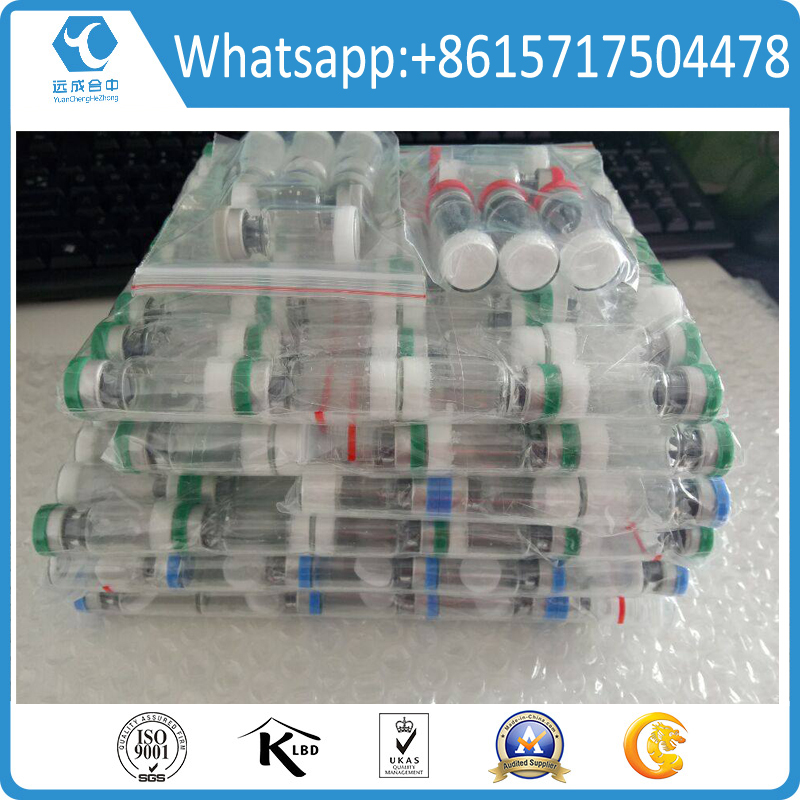| Message: | Bremelanotide (formerly PT-141) is a compound under drug development by Palatin Technologies as a treatment for female sexual dysfunction, hemorrhagic shock and reperfusion injury. It functions by activating the melanocortin receptors MC1R and MC4R, to modulate inflammation and limiting ischemia. It was originally tested for intranasal administration in treating female sexual dysfunction but this application was temporarily discontinued in 2008 after concerns were raised over adverse side effects of increased blood pressure. As of March, 2012, Palatin is conducting a human Phase 2B study using a new subcutaneous drug delivery system that appears to have little effect on blood pressure.
Bremelanotide or PT-141 is the generic term for a new research peptide for use in helping improve sexual dysfunction in men (erectile dysfunction or impotence) as well as helping improve sexual dysfunction in women (sexual arousal disorder). Bremelanotide, PT-141 does not act on the vascular system like the former compounds but it is known and has been shown to help increase sexual activity in both male and female mammals.
Bremelanotide PT-141 allegedly works by activating melanocortin receptors in the brain, therefore helping increase ones sexual stimulation. PT-141, bremelanotide is experimental and is used for the purpose of sexual arousal. It is a melanocortin based peptide that has shown effectiveness in clinical studies on both male and female rats. Male rats have shown erectile response with doses as low as 1-2 mgs whereas most female rats have shown positive results with higher doses around 2-3 mgs. While the dosage requirements tend to be higher for female rats, the observable results in female rats tend to be stronger.
|
 my account
my account
 log out
log out
 my account
my account
 log out
log out
